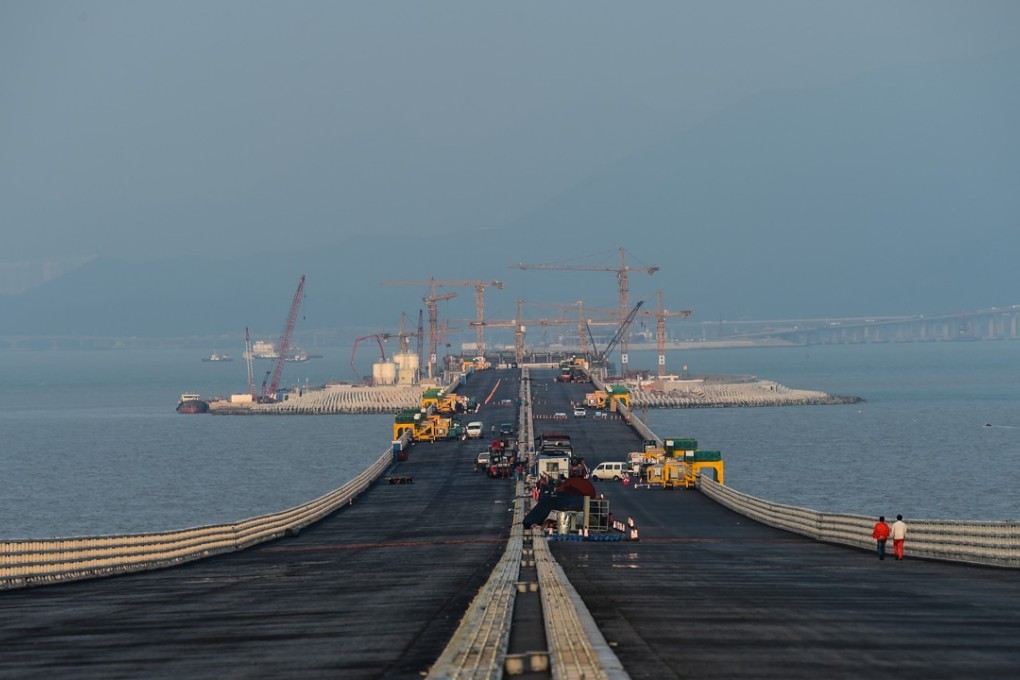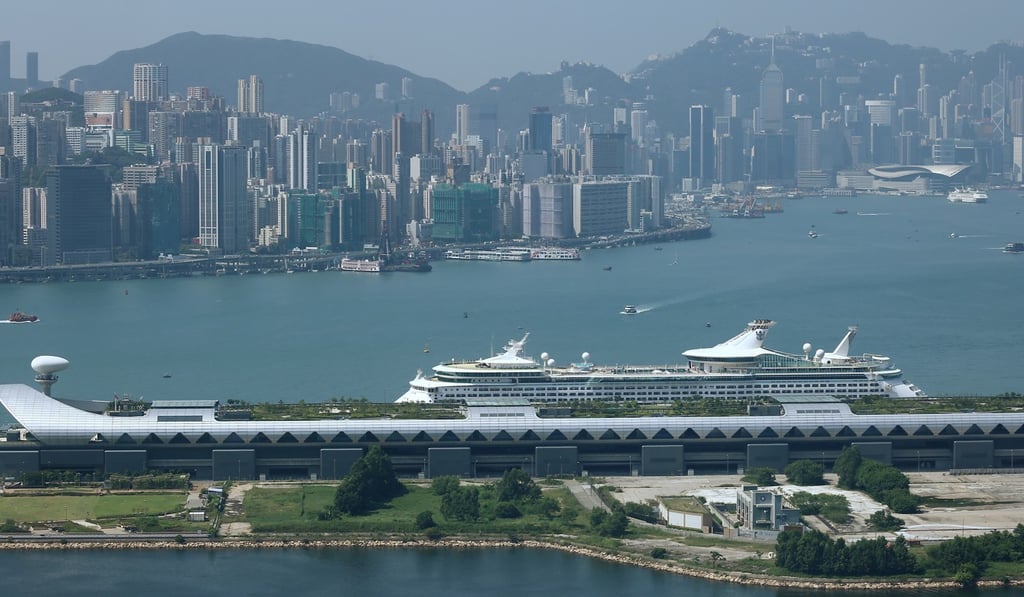Advertisement
Why Hong Kong must assert its position as China’s first city
Mike Rowse says blocking initiatives with any links to the mainland is a dead end that Hong Kong must get out of, if it is to progress
Reading Time:3 minutes
Why you can trust SCMP
0

A very old schoolboy joke has one man asking another, who looks down in the dumps, “What happened to your get up and go?” And the second replies: “It got up and went”. But it is not all that amusing when people start asking the same question of Hong Kong itself. So, “Has Hong Kong lost its mojo?”
Recent events make the query a reasonable one. Look at the way we have handled major infrastructure projects like the bridge to Zhuhai and Macau and the high-speed rail link. But I sometimes wonder if we aren’t our own worst enemies: just think of the fuss over the Palace Museum, or the controversy over extra funding for Disneyland.
Watch: Protesters say Palace Museum ad at Central MTR station evokes June 4 incident
Not that this is a new phenomenon: cast your mind back to the opening of the new airport at Chek Lap Kok in 1998, much criticised at the time but now regarded as one of the best in the world.
The idea of a bridge linking Hong Kong, Zhuhai and Macau is an excellent one. It would have been ideal if we had built it 20 years ago and arguments in favour became compelling 10 years ago. If we are lucky, it might open next year. Why were we so slow off the mark? Similarly, with the high-speed rail link. As soon as the schedule for the network to reach Guangzhou became known, we should have been pushing ahead with plans for Hong Kong to plug into it. We should be presenting ourselves as one of the first major cities in China, not one of the last. But the project became mired in controversy. We did not help ourselves by putting the terminal in the wrong place, which delayed the project and contributed to massive cost overruns.
Another piece of infrastructure in the news is the Kai Tak cruise terminal. A city like Hong Kong needs and deserves a world-class facility, which Ocean Terminal manifestly is not. The audit report criticised the utilisation rate, leading some to query justification for the project. But the real problem is that we were slow to market it effectively to the global cruise industry, and onshore arrangements are inadequate. Leaving well-heeled tourists standing in a taxi queue for hours does not encourage them to return or to recommend us.

Capturing the Palace Museum project was a major coup that we should have celebrated and trumpeted to the world. Instead, we spent weeks beating up the administration over peripheral matters.
Advertisement